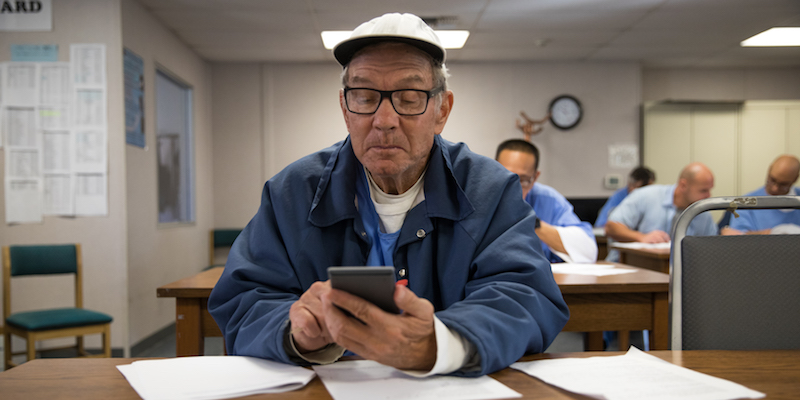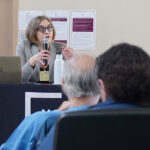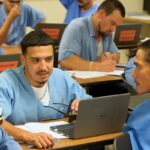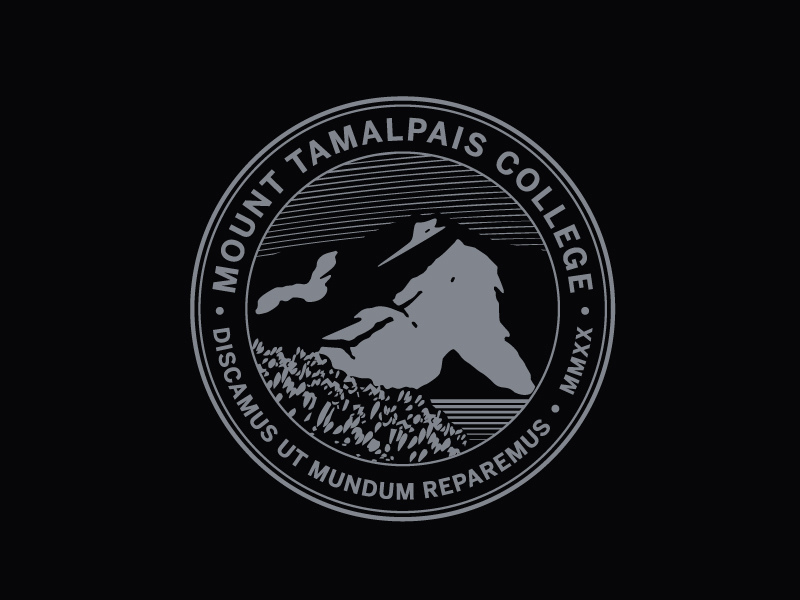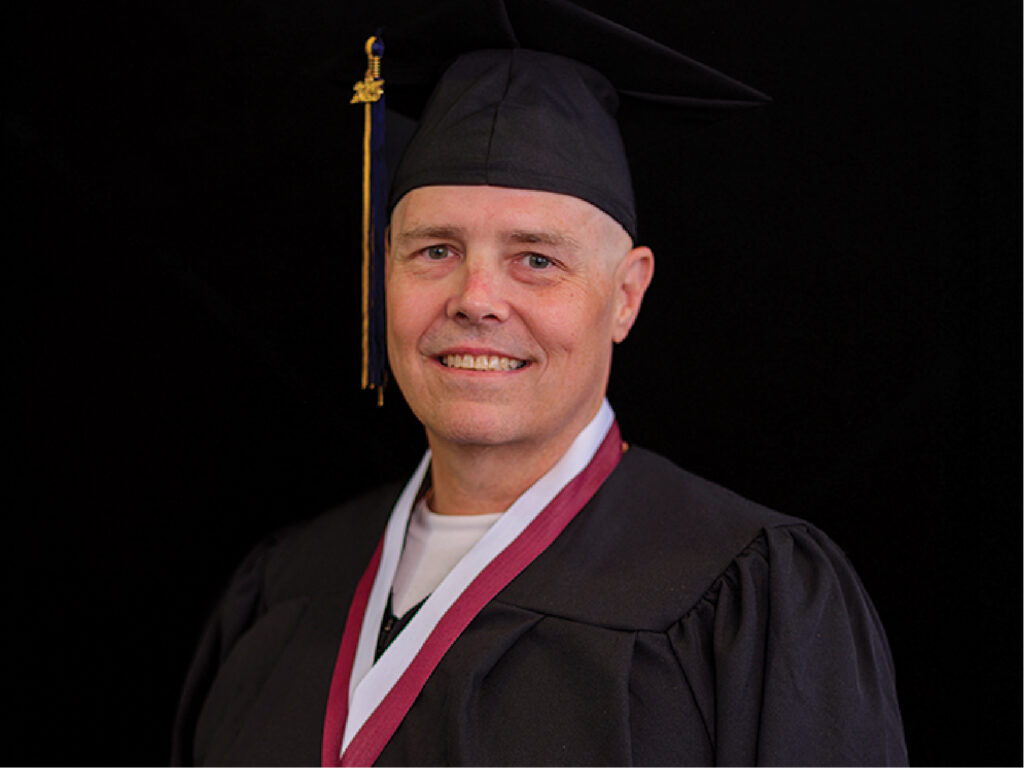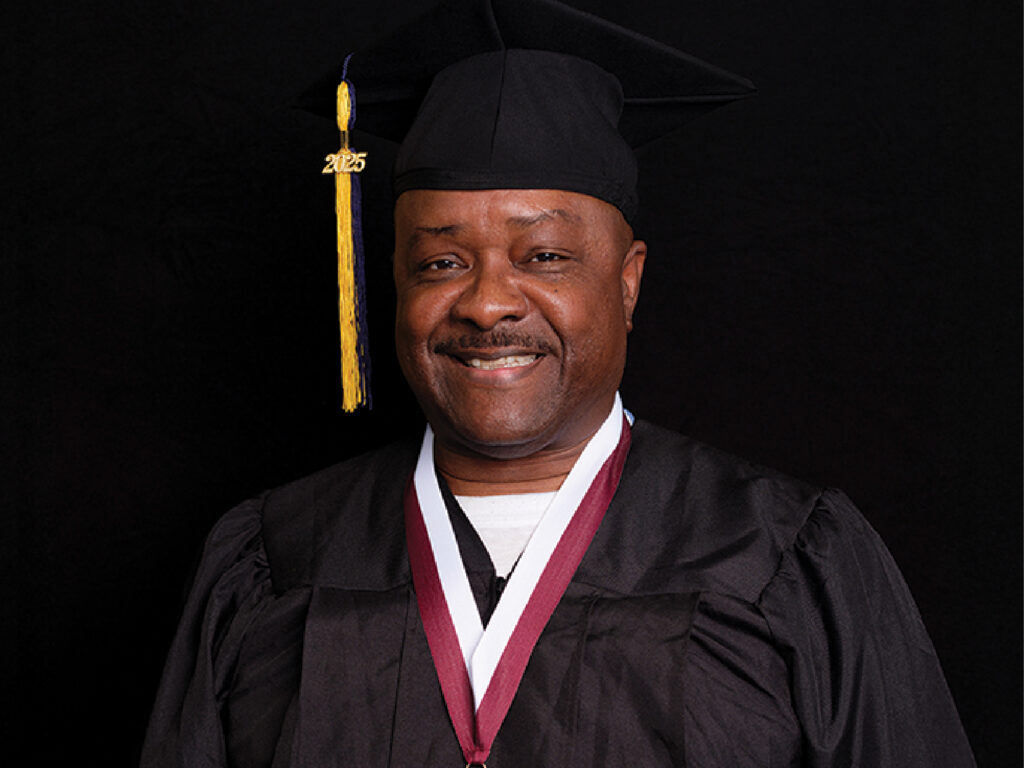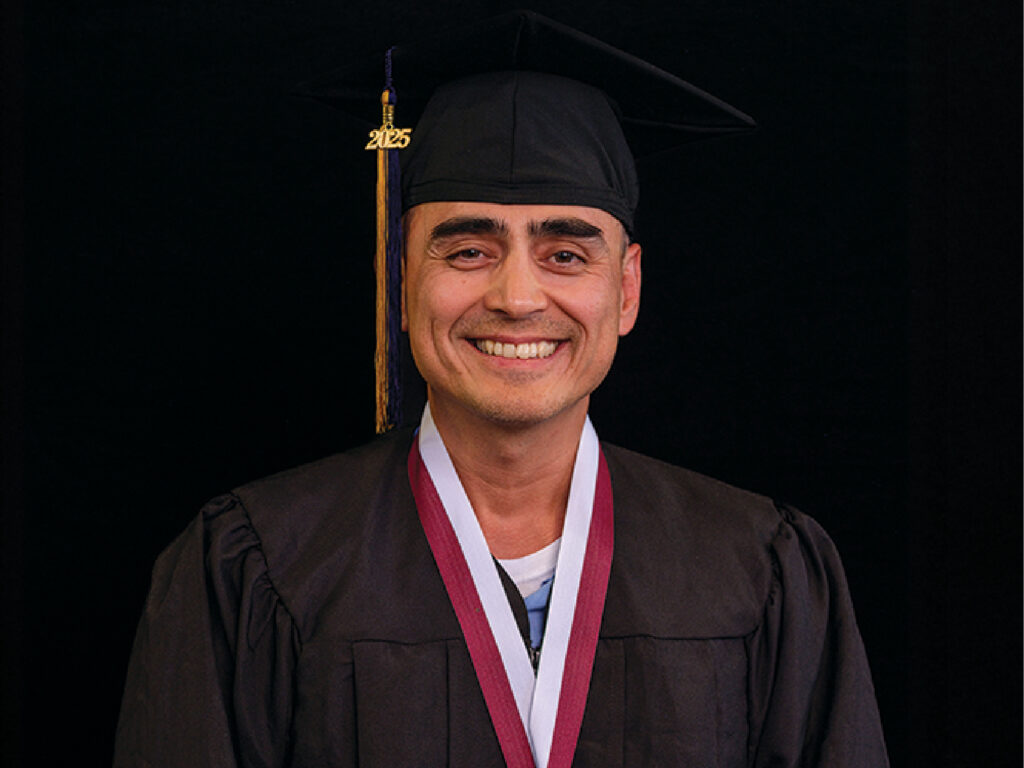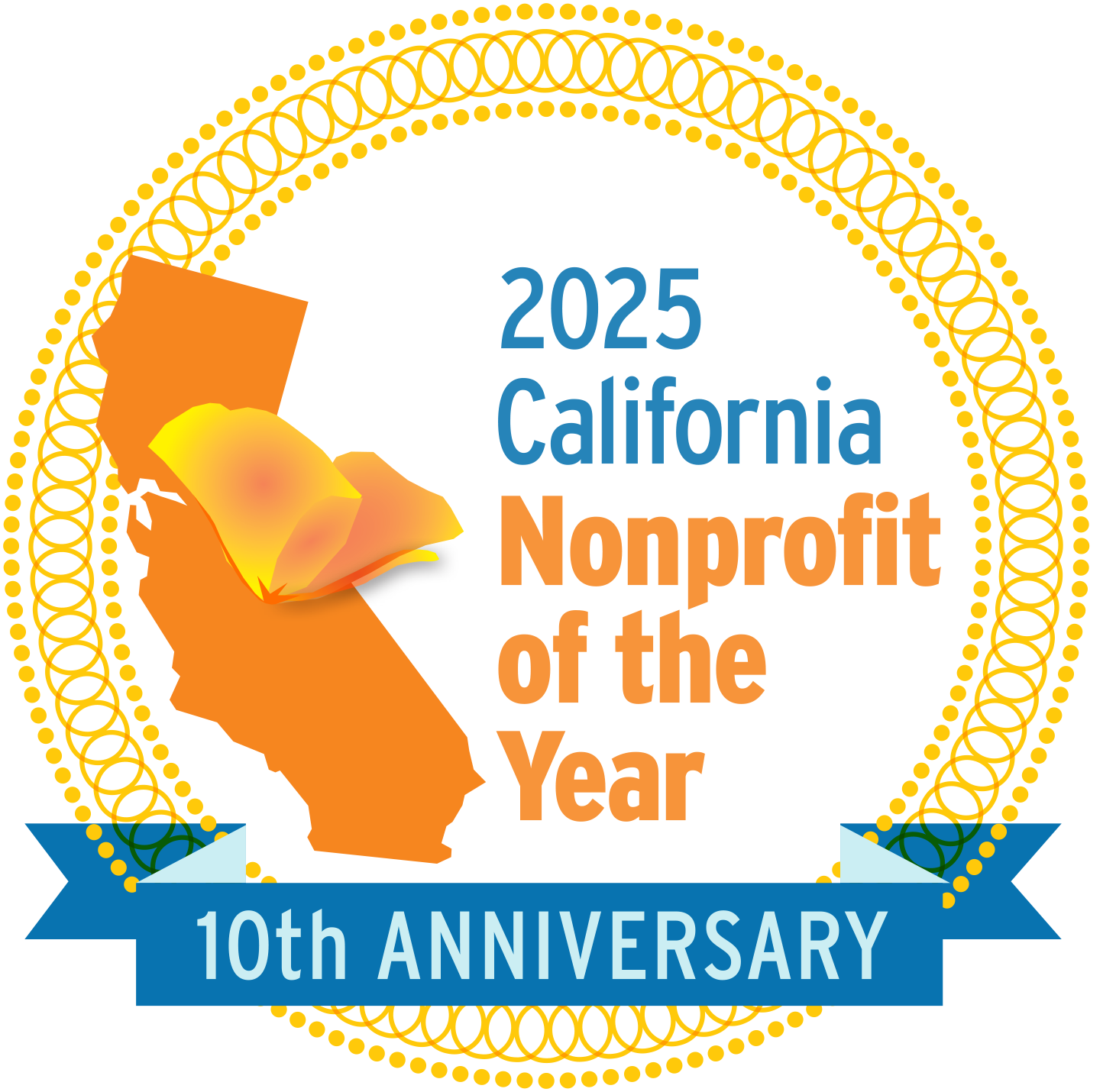Published in the April 2019 newsletter, which you can read in its entirety here.
I taught at UC Berkeley for over a decade before I joined the Prison University Project, and one distinct difference in our classrooms at San Quentin is that there is far less silence, far less need for the instructor to put on a song and dance to get students’ attention. This is fantastic, because the Prison University Project is committed to student-centered learning, which sees students as engaged participants in the learning environment, who bring their own knowledge, experience, and background to their learning, and whose learning requires active involvement. Our students at San Quentin are more engaged from the start, which can make student-centered learning feel easier to bring about.
But even though our students are so enthusiastically and fully involved, there are still profound barriers to their genuine engagement. In an authoritarian environment like the prison, free expression can be dangerous. And even if the classroom space may feel “safe” in some ways, the fact that our volunteer base is so much whiter and more economically privileged than our students presents another barrier: will this instructor really understand and respect me? Many of our students also have obstacles to learning in the form of learning differences and prior lack of access to quality education. Finally, a good portion of our students are so grateful for the opportunity to attend college in prison that they feel that to voice a contrary opinion or complaint would be rude or ungrateful.
So to truly center our students’ experiences and voices in the learning process, we are developing initiatives that address these hurdles. One exciting organizational development is that we have added a Learning Specialist position to the program team, who will closely support students with learning differences and other barriers to success. I’m thrilled that we were able to hire our own Allison Lopez, who is in a unique position to build this part of our program. By prioritizing the challenge of addressing barriers to learning, we seek to acknowledge the many different paths our students have taken to arrive at college and the desperate inequality in educational access that has contributed so deeply to the prison crisis.
We are also working to develop effective venues for students to voice their needs and opinions. One exciting project in this vein is that Spanish and College Prep writing instructor Nayeon Kim is working with a group of students to develop a student-led teacher training in diversity, equity, and inclusion in the classroom. Nayeon is meeting with this group of students regularly to learn about their experiences in Prison University Project classes, with the goal of building a bridge to understanding between students and faculty of different backgrounds. This project will create a sustainable feedback loop between students and instructors about best practices in our unique setting. The first training is scheduled for April, and we plan to build it into the regular trainings offered to instructors.
There is a huge amount of work left to do: we need better strategies for fostering more diversity in our volunteer pool; we need to develop more trainings for volunteers on student-centered learning; and we need to develop institutional support for the use of resources that are not yet allowed inside the prison to address learning differences. But I’m proud of the fierce commitment our staff and volunteers have to centering students in the learning process. Not only are we working to provide a rigorous, quality, and equitable education, but we are building a model of what this can look like even in the face of some of America’s most intractable economic and societal inequities.
Please note that the Prison University Project became Mount Tamalpais College in September 2020.
